R. Yair Hayyim Bachrach as a Writer of Romance?, A Non-Jewish Song Made Holy, Love (and More) Before and After Marriage, and Memoirs that Maybe Tell Too Much
The Candia takkanah states that if for some reason the man has to enter his future father-in-law’s home, he has to bring two men with him to act as his “guards”. The only exception to this rule is if the young man is studying Torah with his future father-in-law. In that case he can be at the home, since “the study of Torah is such as to weaken the force of the tempter.”
Solomon Buber records a 1776 oath signed by a man in Lvov declaring that he will not enter the house of his future bride under any circumstanced.[13] This was no doubt required by the rabbi. According to the text of the oath, if the man violates his pledge
R. Mazuz refers to the day as “kadosh ve-nora” and calls for synagogues to recite the prayer for Israeli soldiers every Shabbat. As he notes, if someone donates ten shekalim you make a blessing for him, so how could you not make a blessing for one who spills his blood for the Jewish people? I understand full well why haredim don’t say the prayer for the State of Israel. Yet I have never understood how haredi society could refuse to recite a mi-sheberakh prayer for the soldiers, the same soldiers who are the only reason why there can be a haredi society in Israel in the first place. Interestingly enough, in all the conversations over the years that I have had with haredim regarding this matter, to my recollection I have never met one who agreed with, or was willing to defend, his community’s avoidance of the prayer. (I am referring to mainstream haredim, not Satmar or other anti-Zionists.)
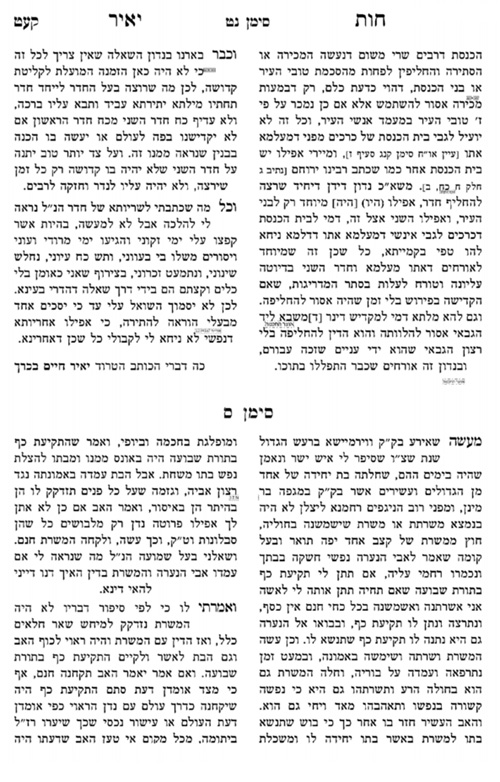
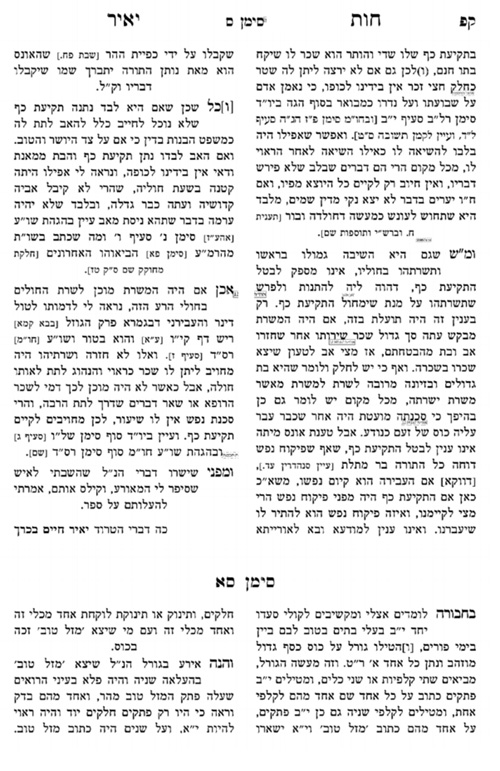
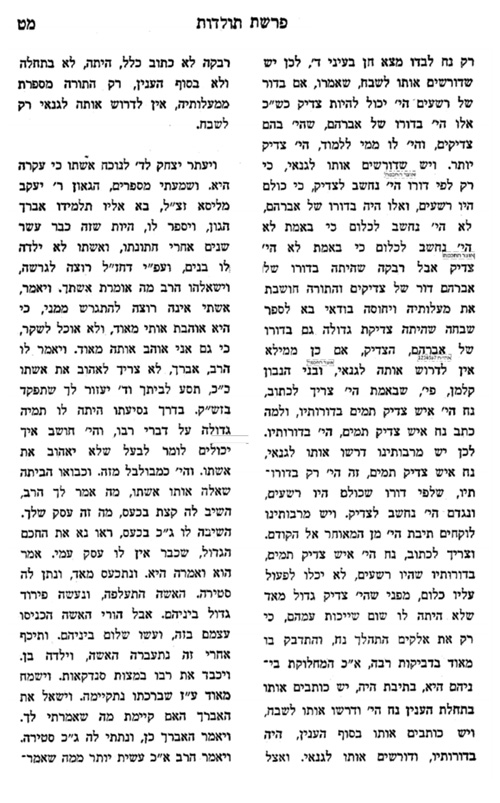
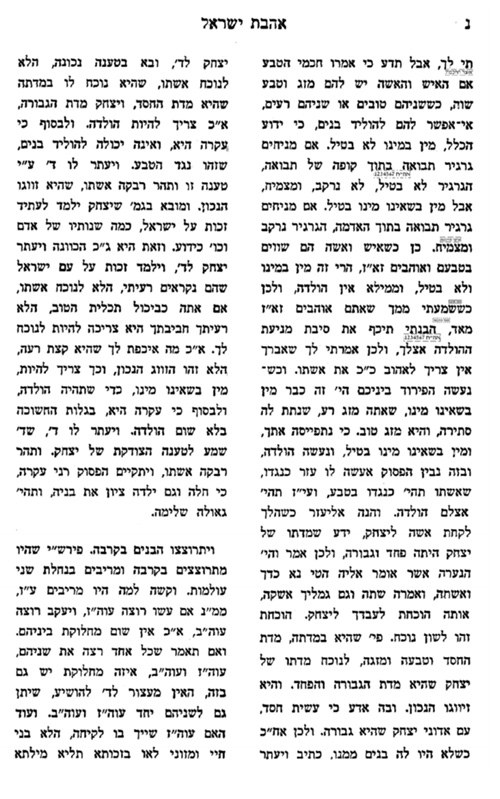
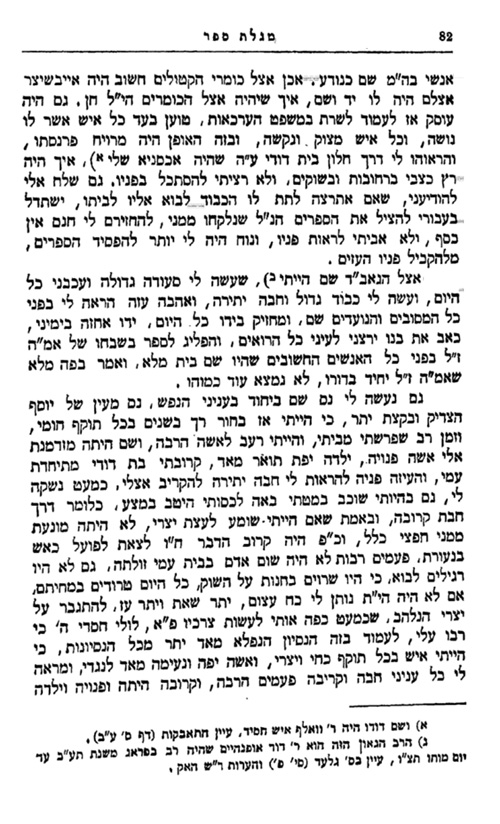
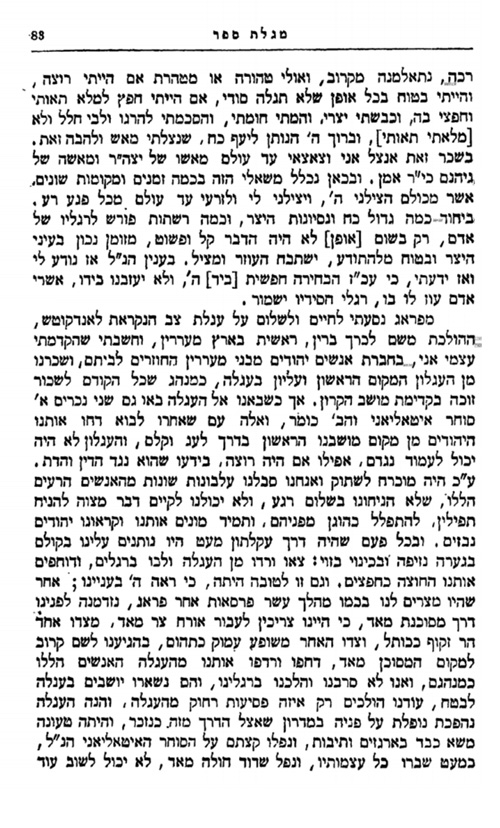
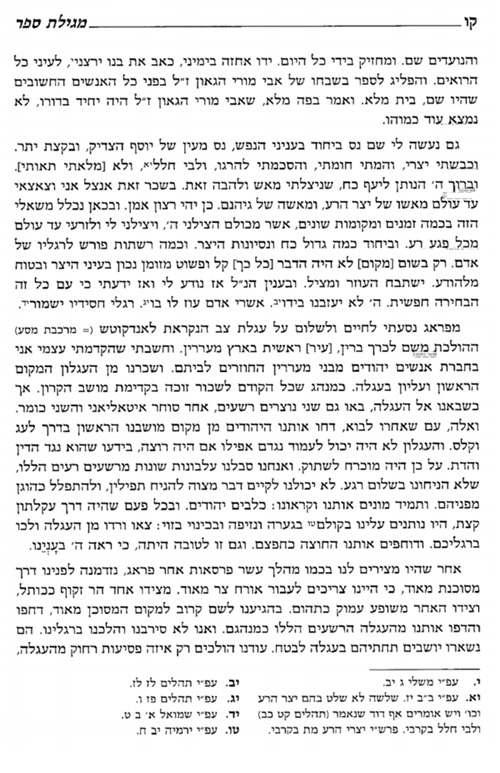



2 thoughts on “R. Yair Hayyim Bachrach as a Writer of Romance?, A Non-Jewish Song Made Holy, Love (and More) Before and After Marriage, and Memoirs that Maybe Tell Too Much”
Regarding the fascinating tale of the Baal HaNetivot RY Lorberbaoum, fictive or not, this is simply reenacting the tale of RASHBY in Shir Hashirim Rabba I, who apparently also felt that he could induce pregnancy by easing up the relationship between over-constrained lovers. Ironic you should post this around lag B'omer and miss this obvious literary spin-off.
also written here: ."I don’t know why R. Rabinowitz-Teomim thought it was important to mention the matter, especially as no one would have assumed that he had any physical contact before marriage".
Here to there's a literary level, that. as long as there's no reason to omit, there's literary value to the story- here he's simply echoing the tragic widow in the visitation of Elijah in Tanah Dvei Eliyahu recorded ain TB Shabbat 13a.
Both of these aggadot are so well known, that Rabbinic literature employ them as literary idiom (Melitazh). Even Halakhic literature has license for an occasional Melitzah. certainly Rabbinic memoirs do too.